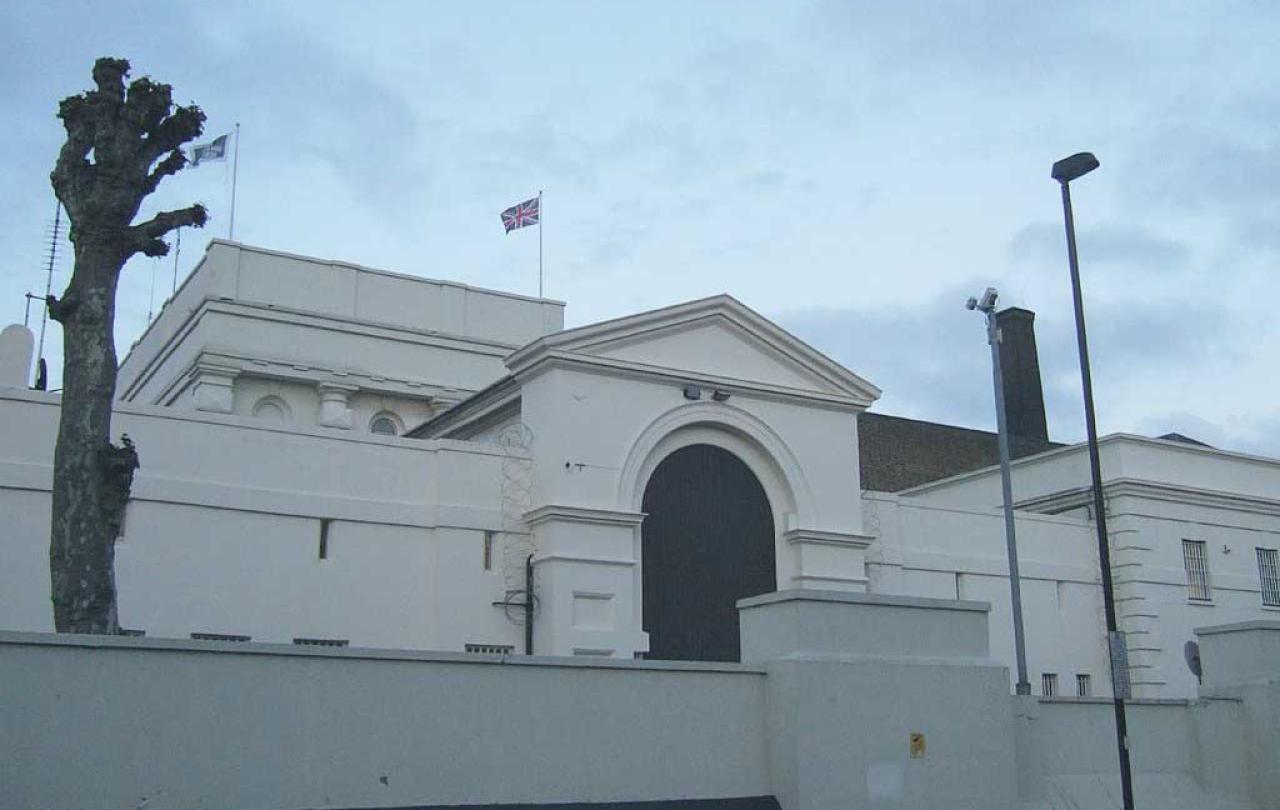
A London prison has seen a reduction in violence among prisoners and improved staff morale thanks to a new neurodiverse unit. Pentonville prison’s new unit identifies and treats prisoners with autism, brain-injury, learning difficulties and even dementia.
Jo Davies, Pentonville’s managing chaplain, helped set up the programme after conducting many regular prisoner reviews with colleagues. She noted that there was an apparent higher incidence of autism among prisoners than the general population.
Prison is a challenging environment for those with autism. Routines are imposed, vulnerabilities are exploited by others. Frustrations can boil over into violent and self-destructive behaviours. Non-verbal behaviour also makes each interaction with other prisoners and staff a potential flashpoint leading to protesting behaviours or withdrawal. All against a backdrop of a harsh white noise. Metal doors slam, Conversations and challenges are shouted, all constantly echo through the four open floors of each wing of the prison.
Other neurodiverse conditions are present in prisons. An ageing prison population even has prisoners suffering from early onset dementia. Some forget the circumstances of their imprisonment.
Teaming up with prison officers and support staff like psychologists, doctors and teachers, chaplain Davies notes that “now staff make it their business to work out how to work with these prisoners”. The unit has capacity for 45 prisoners in single cells. They share a common area for eating and other activities. Staff spend 10 weeks assessing the prisoners who can then benefit from up to 12 weeks of additional support.
Ruth Hipwell, who leads the new unit, says: “it’s good to have a place in prison for those people who can’t cope.” Support ranges from little things like teaching a prisoner how to make a cup of tea or providing earplugs to reduce noise, to helping prisoners make better plans for coping and learning – both in prison and outside.
On the wall of the unit is a timetable of events, illustrated by pictograms. Sessions include how to handle familiar tasks in the unfamiliar environment of prison: how to buy things or use the telephone, getting clean clothes and even how to handle being unwell. Other sessions include accessing learning and getting a job.
Robbie*, a prisoner in the unit says:
“It relaxes you. It’s wicked. The difference is the support.”
The unit started work in October 2022 and the difference it made was spotted fast. It transformed staff, recalls Hipwell. “They have found their purpose. We have a level of multi-agency integration others can’t match.”
Ian Blakeman, Pentonville prison’s governor, identifies additional benefits. “It frees up staff time and staff export skills to other parts of the prison.” These positive effects also help him keep good staff. A major challenge in London’s competitive labour market. Other programmes reinforce this change in culture across the prison range from addiction treatment to rebuilding family relationships affected by gang affiliations.
Pentonville now has the lowest self-harm rates in the country and is the least violent prison of its type in the UK.
With prisons a low political priority, it’s even more remarkable to learn that Pentonville’s neurodiverse unit required no additional budget. Its win-win results are a flicker of hope in a bleak landscape. Times columnist Matthew Parris recently wrote:
“Every generation looks back and spots an outrage. Today, when we think of slavery, child labour and lunatic asylums, we wonder how our ancestors could have been so cruel. What will horrify our own successors is our disgraceful prison system.”
In response to Parris’s column, Jonathan Aitken, a former prisoner and now a chaplain at Pentonville who works with the neurodiverse unit, wrote to the Times.
“The real disgrace lies not inside our prisons but in the failure of both public and private rehabilitation efforts to help prisoners into jobs, housing and law-abiding lives after their release. The good work done by prison officers, managers and governors is underreported… We are on a roll of improvements… But such advances are like clapping with one hand if they are not met by comparable efforts to rebuild the lives of prisoners after they walk out of the gate. Correcting the failures in this area should be a high priority for our politicians and for our society.”





